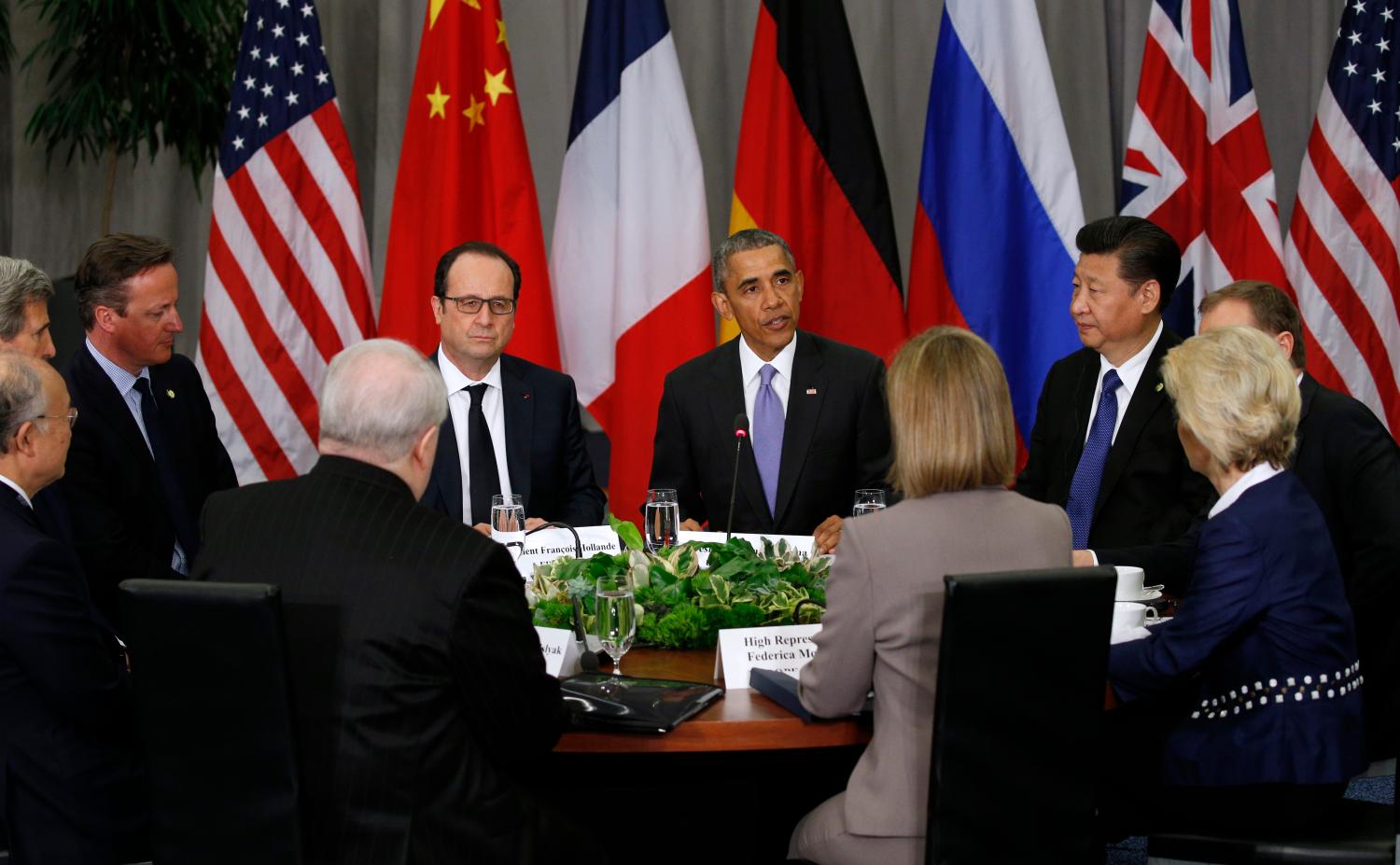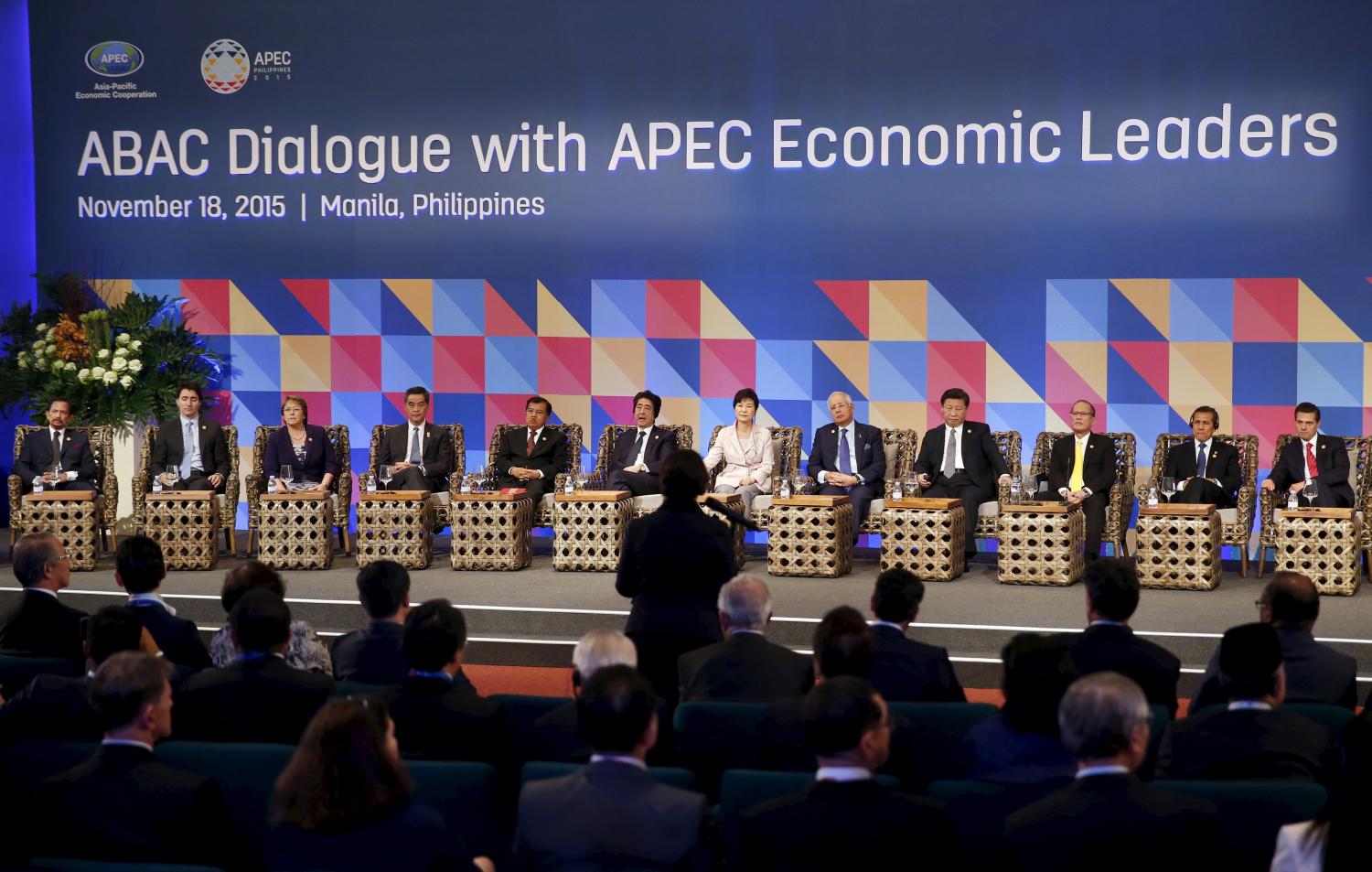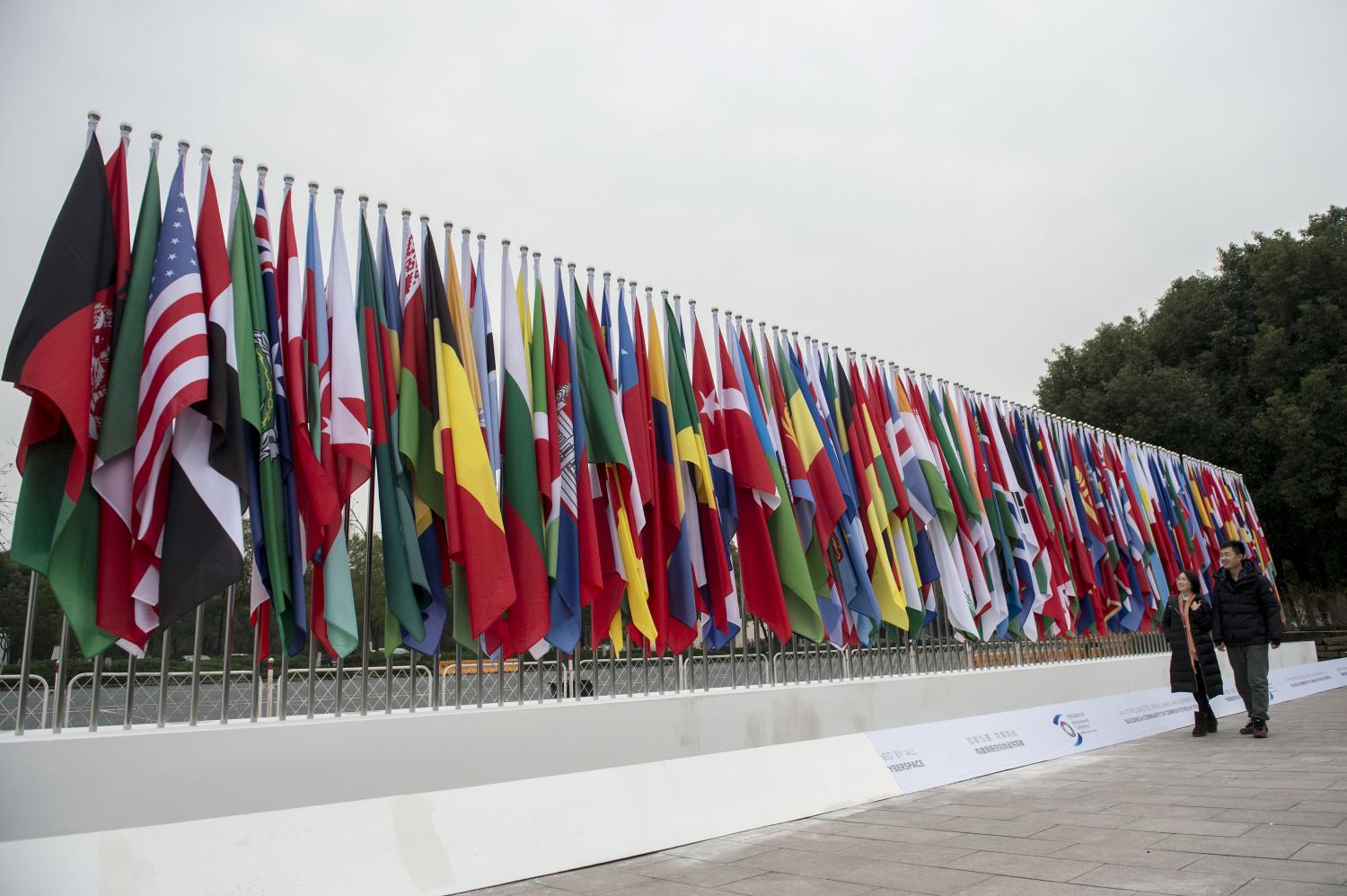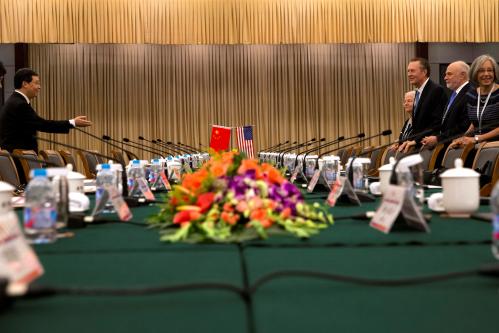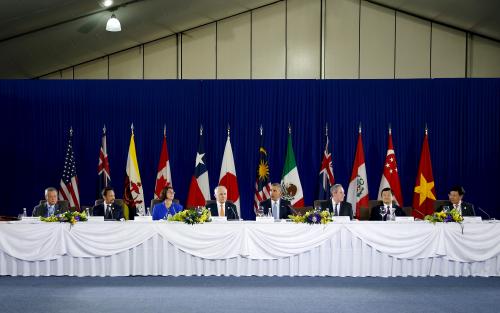Content from the Brookings-Tsinghua Public Policy Center is now archived. Since October 1, 2020, Brookings has maintained a limited partnership with Tsinghua University School of Public Policy and Management that is intended to facilitate jointly organized dialogues, meetings, and/or events.
The following paper is also part of the Brookings Order from Chaos Asia Working Group paper series, in which scholars evaluate the largest issues confronting the Asia-Pacific region and provide recommendations for foreign policy practitioners.
 China’s emergence as a global economic power and its fuller integration in the international order are among the principal policy challenges facing Europe and the United States in the early 21st century. At the time of Beijing’s entry into the World Trade Organization (WTO) in 2001, China (though already growing rapidly) was in global terms an economic actor of limited consequence. A decade and a half later, China’s transformation is without parallel in economic history. Over the past 15 years, China has experienced an eightfold increase in GDP, enabling it to serve as the primary engine of global economic growth in the early 21st century. It has leapfrogged from sixth to second place among the world’s economies, trailing only the United States in absolute economic size. In addition, China has become the world’s leading trading state and is now the second largest source of outward foreign direct investment.
China’s emergence as a global economic power and its fuller integration in the international order are among the principal policy challenges facing Europe and the United States in the early 21st century. At the time of Beijing’s entry into the World Trade Organization (WTO) in 2001, China (though already growing rapidly) was in global terms an economic actor of limited consequence. A decade and a half later, China’s transformation is without parallel in economic history. Over the past 15 years, China has experienced an eightfold increase in GDP, enabling it to serve as the primary engine of global economic growth in the early 21st century. It has leapfrogged from sixth to second place among the world’s economies, trailing only the United States in absolute economic size. In addition, China has become the world’s leading trading state and is now the second largest source of outward foreign direct investment.
Change of this magnitude has enhanced China’s political power and economic leverage. It has also stimulated China’s internal economic evolution, simultaneously expanding the power of state-owned enterprises while also contributing to major growth in the private sector. China has also begun to think bigger, devoting increased attention to the rules of global economic governance. Although Beijing insists it has no intention of supplanting the existing international order, China contends that changing power realities will require modification of global rules.
China’s heightened ambitions are occurring amidst a wrenching transition in the Chinese economy. At earlier stages of the country’s economic reforms, China’s lower labor costs conferred ample advantage to Chinese producers of consumer goods. As economic growth has slowed, Chinese policymakers increasingly call for innovation and new product development to facilitate advancement to higher levels of development. These goals presume greatly increased investment and technology acquisition in the world’s more advanced economies. But slowing Chinese growth threatens to limit investment opportunities within China for the EU and the United States. China’s economic practices and priorities thus pose the issue of compatibility with the policy expectations of the advanced industrial economies. Reconciling these expectations have therefore become defining issues in both Europe and the United States.
The Brookings Institution is committed to quality, independence, and impact.
We are supported by a diverse array of funders. In line with our values and policies, each Brookings publication represents the sole views of its author(s).


